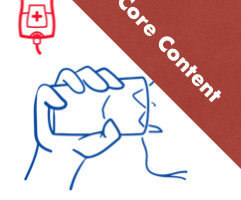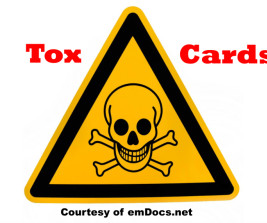But Can You Just PO?
Taming the SRU
DECEMBER 17, 2024
Fluid management in the Emergency Department (ED) is crucial in the adequate resuscitation of the acutely ill and decompensating patient. Other conditions that lead to intravascular fluid depletion include but are not limited to starvation/dehydration, vomiting, diarrhea, burns/trauma, hyperglycemia, and hemorrhage.
























Let's personalize your content